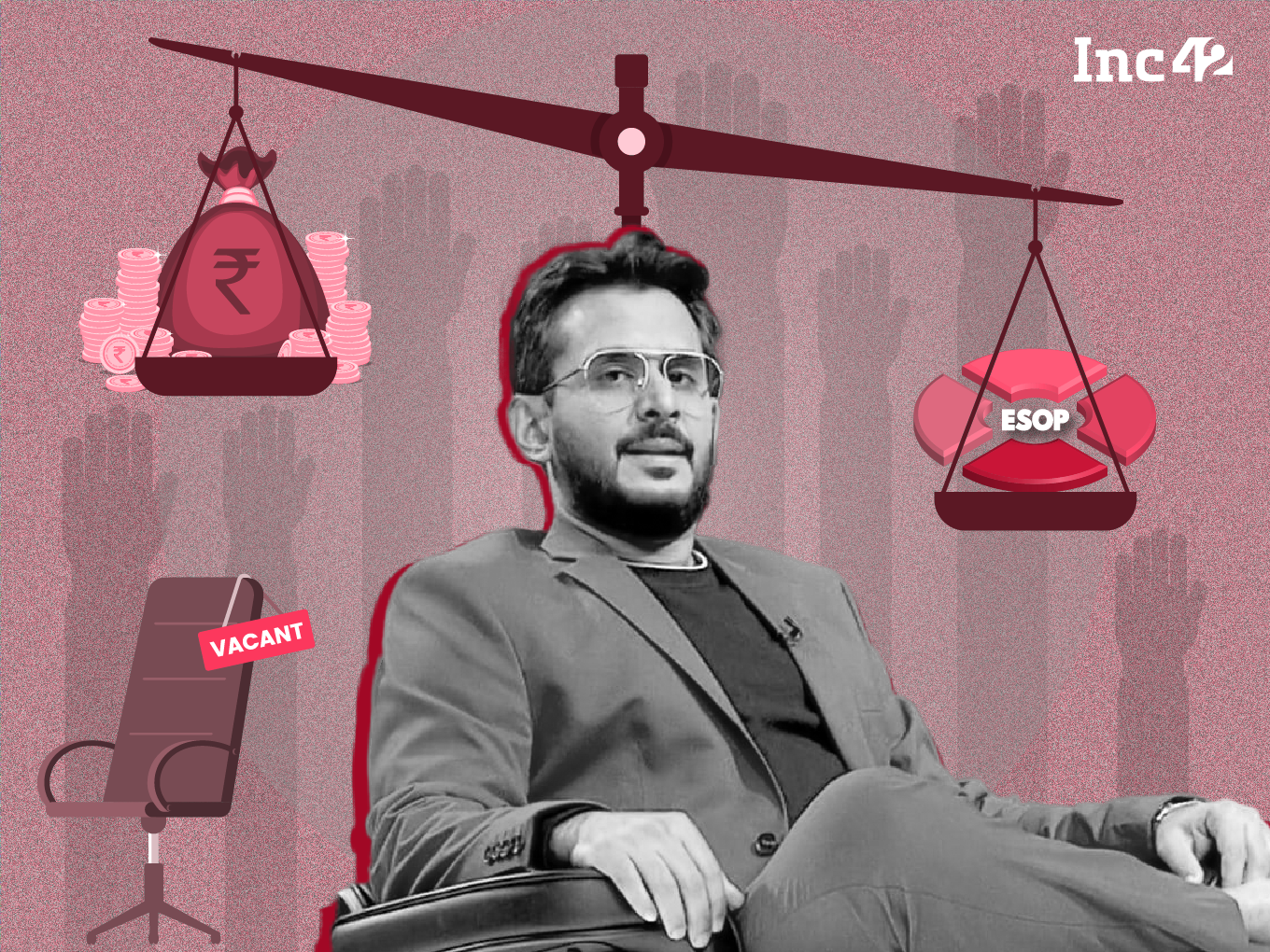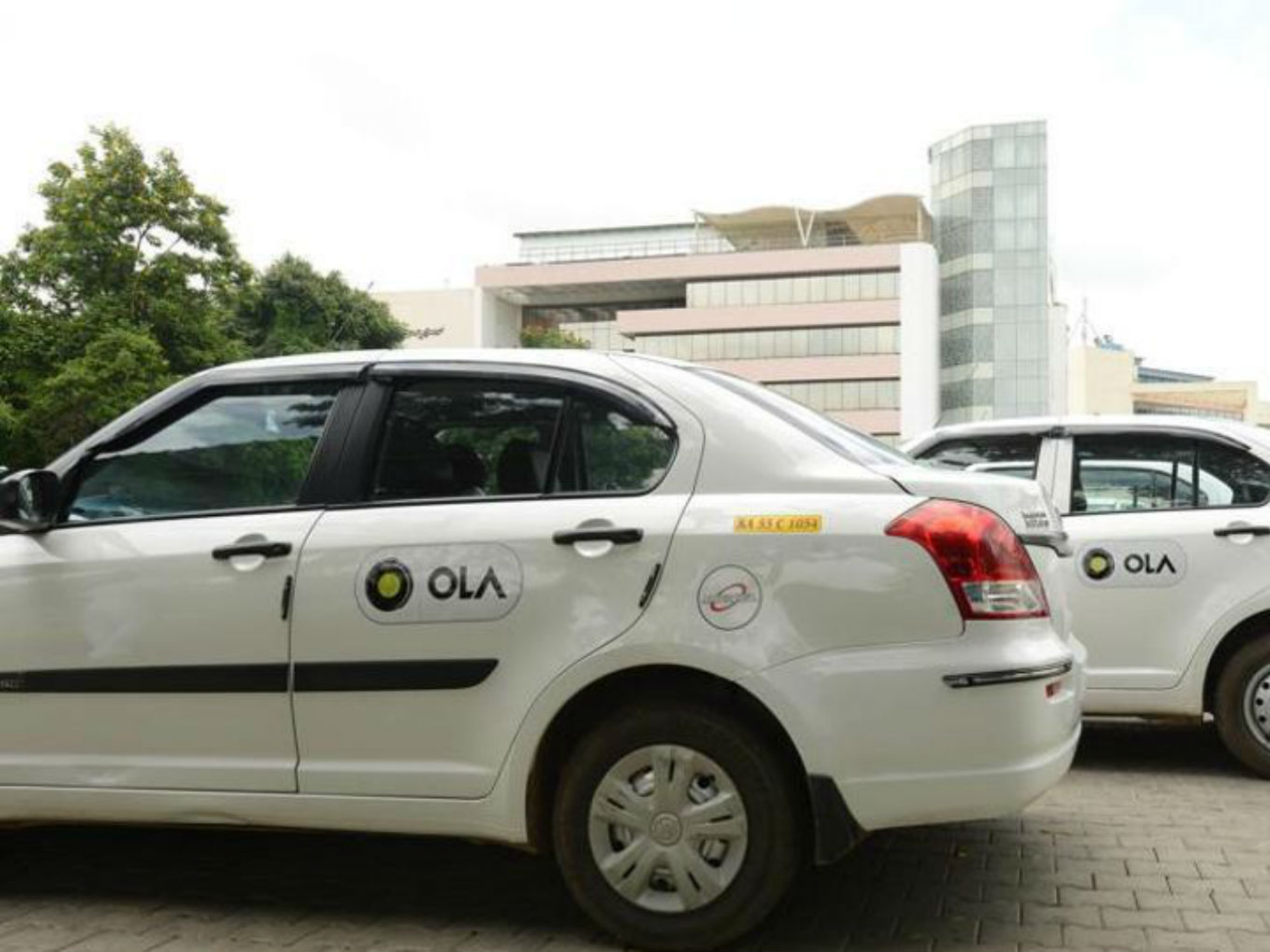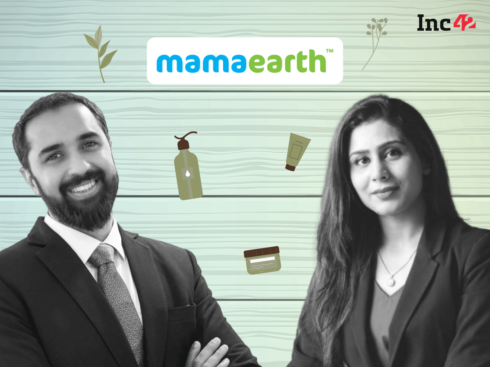SUMMARY
Speaking at Inc42’s ‘The D2C Summit 3.0’, Gupta candidly spoke on a variety of topics relating to D2C brands and startups
Looking at a flexible model wherein the employees would take a call on whether they want ESOPs or higher salary: Aman Gupta
Do what floats your boat: boAt cofounder on the raging debate on working ‘18 hours a day’ during early years
The increase in the number of startups and unicorns in the country and the funding boom of 2021 has ensured that employees are now not hesitant to take up jobs at startups. However, hiring and retaining employees still continues to be a challenge for a majority of startups.
Market cycles, incentives on offer, and work-life balance are among the things that can affect hiring and retention of employees by startups. At Inc42’s ‘The D2C Summit 3.0’, D2C electronics brand boat
In a candid conversation with Inc42 CEO and cofounder Vaibhav Vardhan, Gupta discussed a gamut of issues – ESOPs, hiring, work culture trends in the D2C ecosystem, and macroeconomic challenges surrounding the space.
Here are the key takeaways from the session:
Employee Vs Employer’s Market
The onset of the pandemic gave a boost to many tech startups in the country, and the year 2021 saw a funding boom in India’s startup ecosystem. This also translated into startups poaching employees left, right and centre from each other and offering ludicrous salaries to attract talent. However, the onset of the war in Europe turned the tables and brought the gravy train to a halt.
The funding winter has led to startups scrambling to increase their runway and laying off employees in droves to cut costs. As per Inc42’s layoff tracker, 12,526 employees have been laid off by startups in 2022 so far.
Speaking on the current market scenario, Gupta said, “It was an employees’ market earlier, but it’s turning out to be an employer’s market (now). Earlier, the markets were bad and there was a hiring freeze, but sanity is now prevailing.”
The current situation has led to many experienced employees entering the pool of prospective job candidates and even willing to take pay cuts, Gupta said. While the situation is rapidly evolving, it could eventually work out in favour of big startups.
ESOPs Vs Salary Hike
Employee stock ownership plans (ESOPs) emerged as a key component of salary packages in 2021 as startups took to offering equity to attract and retain employees amid the funding boom.
In 2021, more than 29 startups announced ESOP buybacks and, subsequently, generated wealth of more than $335 Mn for their employees. Ecommerce major Flipkart led the pack, announcing the biggest buyback of 2021 with $125 Mn, followed by software-as-a-service (SaaS) major BrowserStack with $50 Mn pool, investment tech platform Zerodha with $26.Mn, and B2B ecommerce major Udaan with $23 Mn.
Last year, Swiggy, Unacademy and FirstCry also opted for buybacks to retain talent and to reward their employees.
However, the current year has so far turned up lesser numbers, albeit with a few exceptions. In June, Bengaluru-based food delivery startup Swiggy initiated its planned ESOP liquidity program of up to $23 Mn. In the biggest round of the year so far, Razorpay announced an ESOP liquidation program worth $75 Mn in May this year.
According to Inc42, a clutch of major Indian startups have undertaken ESOP buybacks worth $182 Mn this year so far.
Despite their popularity, ESOPs still face considerable issues with adoption owing to lack of awareness, accounting and auditing implications, increased tax liability, and complicated administrative hurdles, among others.
Although many believe that ESOPs increase productivity, hard liquid cash still appears to be the king, according to Gupta.
The perennial debate between ESOPs and salary hikes has seen boAt look at a flexible model whereby the employees would take a call on whether they want ESOPs or higher salaries.
“The ESOP offerings of many companies have not panned out successfully. Some of the people have bought ESOPs in many publicly traded companies and they have bought these at a higher price than the current trading prices…So, in hindsight, people like more salaries than ESOPs in some areas,” said Gupta.
The poor performance of shares of some of the startups post their listing on stock exchanges has made many employees wary of ESOPs. The negative market sentiment and concerns over the lack of profitability of some of these startups have further pummelled the share prices.
Interestingly, boAt is one of the few recent new-age tech startups that continues to remain profitable. The Delhi-based startup boAt reported a profit after tax of INR 78.6 Cr in the financial year 2020-21 (FY21), up 61% from a profit of INR 48.85 Cr in FY20.
Explaining boAt’s philosophy, Gupta said it believes that the HR personnel should promote the internal heroes that are making money from ESOPs within the startup to increase the adoption of ESOPs.
‘Do What Floats Your Boat’
Amid unabated job cuts by startups, what has generally been swept under the rug has been the conversation around work-life balance. Recently, Bombay Shaving Company CEO and cofounder Shantanu Deshpande drew flak over a post that advised young people to work 18 hours a day in the formative years of their careers.
Close on the heels of that, Pristyn Care cofounder Harsimarbir Singh also drew the ire of netizens after he said, in a LinkedIn post, that his startup rings candidates at 8.00 am to request for interviews to find out if they are early risers and calls them again to schedules telephonic interviews at 11.00 PM to see if they are late workers.
These incidents drew attention to what many have called “toxic and problematic” work culture of the startups in the country. Many netizens were vocal online saying it’s not about the number of hours put in every day, but actually about commitment towards work and pushing the envelope when it comes to innovation.
A similar sentiment was echoed by a B2B ecommerce unicorn founder who told Inc42 that, “The responsibility of the founder is to convey the vision and communicate the mission in such a manner that these expectations remain unsaid.”
Expressing his view on the topic, Gupta emphasised the need for a flexible work culture. At boAt, he said, employees are encouraged to work as per their preference and schedule.
Replying to a question about managing work-life balance as a founder of a startup, he said, “Do what floats your boat. If I do not like it, I do not do it. For example, some time back, I did not even feel like working at boAt…It was more like I was getting burnt out because I was working a lot. So, I cut back on my work a little for the next couple of months and I was back with the same zeal.”
The boAt cofounder added that he loves to spend time with his family and travel. He said he takes a vacation every few weeks and spends ‘focused time’ with her daughter everyday.
The Sound Of Success
Commenting on startup employees frequently switching jobs due to lucrative job offers by competitors, Gupta said that the solution is to find the right person for the right job and then incentivising and retaining that employee.
“In a situation where we might have been taught X and yet still may have a skill set in Y, we generally are predisposed towards X. That is exactly why there is a hiring mismatch. The talent is there, but finding the right fit for the right position is difficult,” said Gupta.
The discussion further covered many interesting points about how the cofounder views success and fame, the heroes he reveres, and the path going forward for the startup. You can catch the entire conversation here.
boAt competes with the likes of Mi, Realme, JBL as well as giants such as Samsung, Bose and Sony in the overall sound-focused electronics segment. Meanwhile, the D2C space in the country continues to evolve and has been growing at a breakneck speed. The rise has largely been attributed to the rising internet and smartphone penetration.


























